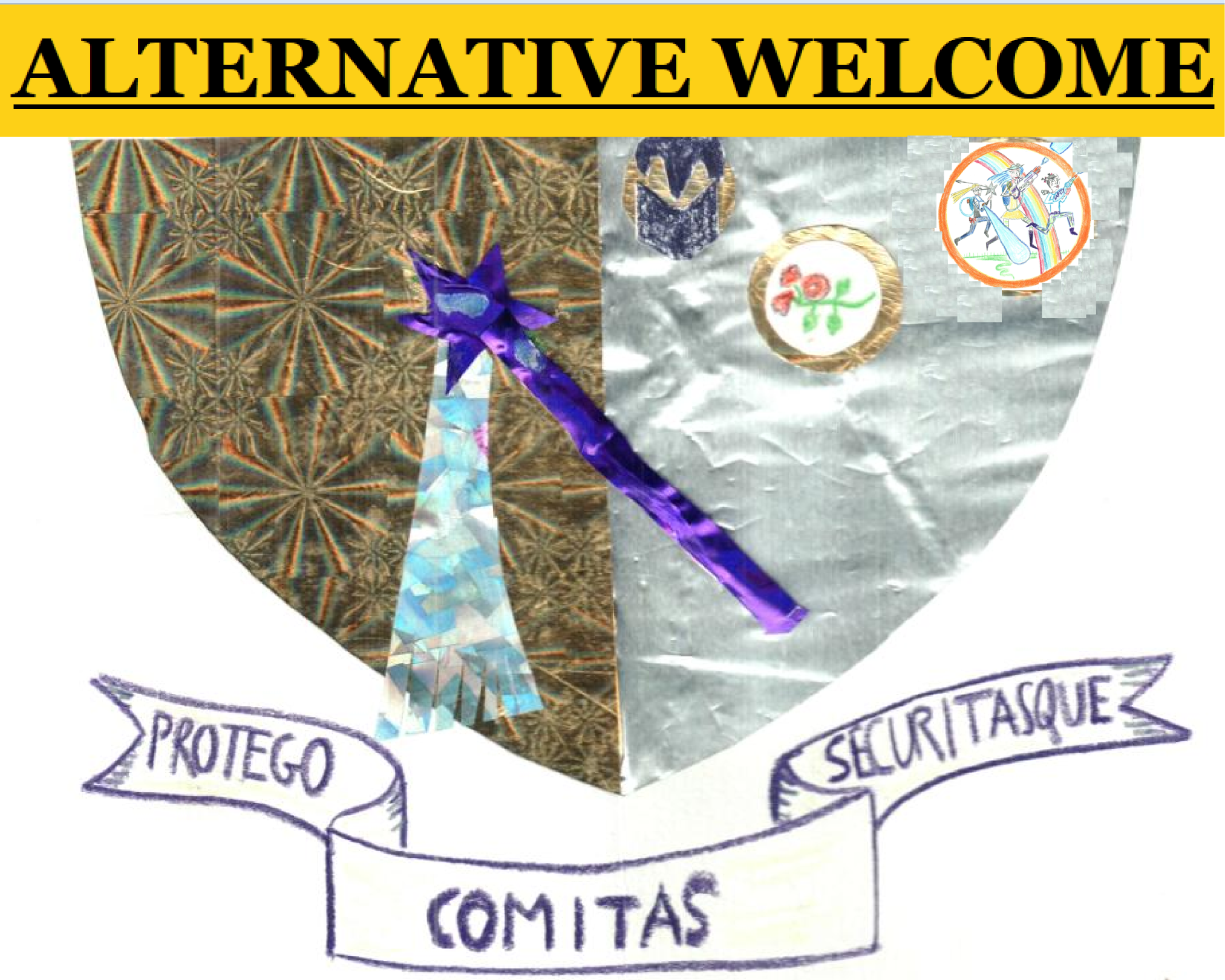 SAFER SPACES
SAFER SPACES

 SAFER SPACES
SAFER SPACES

SAFER SPACES AND THE UNI SOCIETY CONTEXT
A Safer Space is a place with rules that are actually implemented as regards no persons involved abusing any of the others. E.g. no verbal abuse during the activity and no personal attacks or ostracisms over who gets to run the activity.
We contend that the University requires a number of Safer Spaces, and that people providing these should not be red-taped by other people providing similar activities but with other than a sufficiently zero-abuse spirit.
That follows from the adage of Soc = Activity + People; 2 Socs can then have a similar activity but differ at the level of the personal interactions by one Soc being specifically zero-abuse. So "Activity X with zero abuse" is always a valid alternative to Activity X. It does not mean to imply anything about the organizers of Activity X itself; what it is is a guarantee that some Activity X that is suitable as something to do in a Safer Space, is indeed sometimes available as a designated Safer Space option.
Some societies may accept this as a protected subset, or even accept to be fully and declaredly zero abuse places. Some societies may accept this as an allied society. We contend however that no society has any right to view a similar, but declaredly zero-abuse society to be a rival that is to be laid into or aggressively competed against.
WHICH KINDS OF ACTIVITIES DO WELL AS SAFER SPACES?
Some overt examples are support groups such as LGBT-Trans and welfare-and-debating places such as Cafe Project or our SOFTPOMS itself. Cafe Project in its prior incarnation may have been open enough time to have been available as a veritable geographical refuge; whether that was part of its intent or use is under our investigation.
We will however concentrate on a more covert setting for Safer Spaces, for which we will provide a number of strong arguments. Namely the light-hearted societies. Specifically with negligible equipment costs, and preferably without elements of competitivity or large amounts of skill prior to being able to start meaningfully participating. Such activities provide a raison d'etre for the meetings under safer space conditions, with enough variety to generate some repeated interest, but never so much that the interest in the activity, or social status derived from it, should be in a position to quash that activity being run as a safer space. Some such socs will so well out of being implicit rather than explicit safer spaces, by constitutions and practises that ensure that. Do well in that they may draw in more, or different, people in that way. Unfortunately, some such socs might "forget" or "be taken over", and when such things may be looming or happening, then the providers of Safer Spaces overtly declaring that they are such may become necessary for the continued provision of Safer Spaces. A few societies have bipartite constitutions: in good times they are implicit safer spaces and in bad times they hang up their explicit statements of being safer spaces.
Why might some people in need of a safer space prefer an implicit one, or one that is not a specific support group for them? Some may not wish for it to be known that they've been abused or bullied; some are in the closet but nevertheless may wish to have a place to go where homophobic, and whatever other personal, abuse aren't condoned and anyone upsetting anyone else in such ways is called out upon by the organizers.
[To join SOFTPOMS who wrote this, join the https://www.srcf.net/mailman/listinfo/softpoms-general email list and abide by the sketch of our Constitution.]